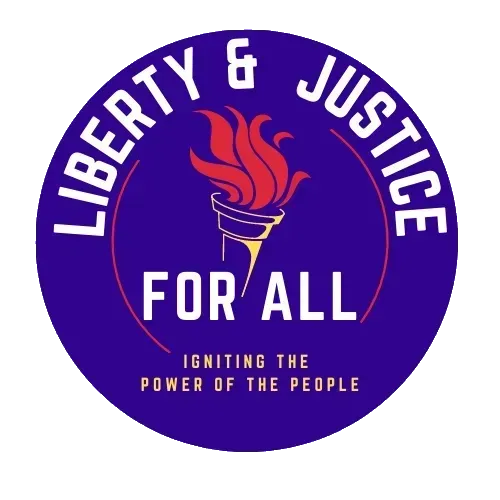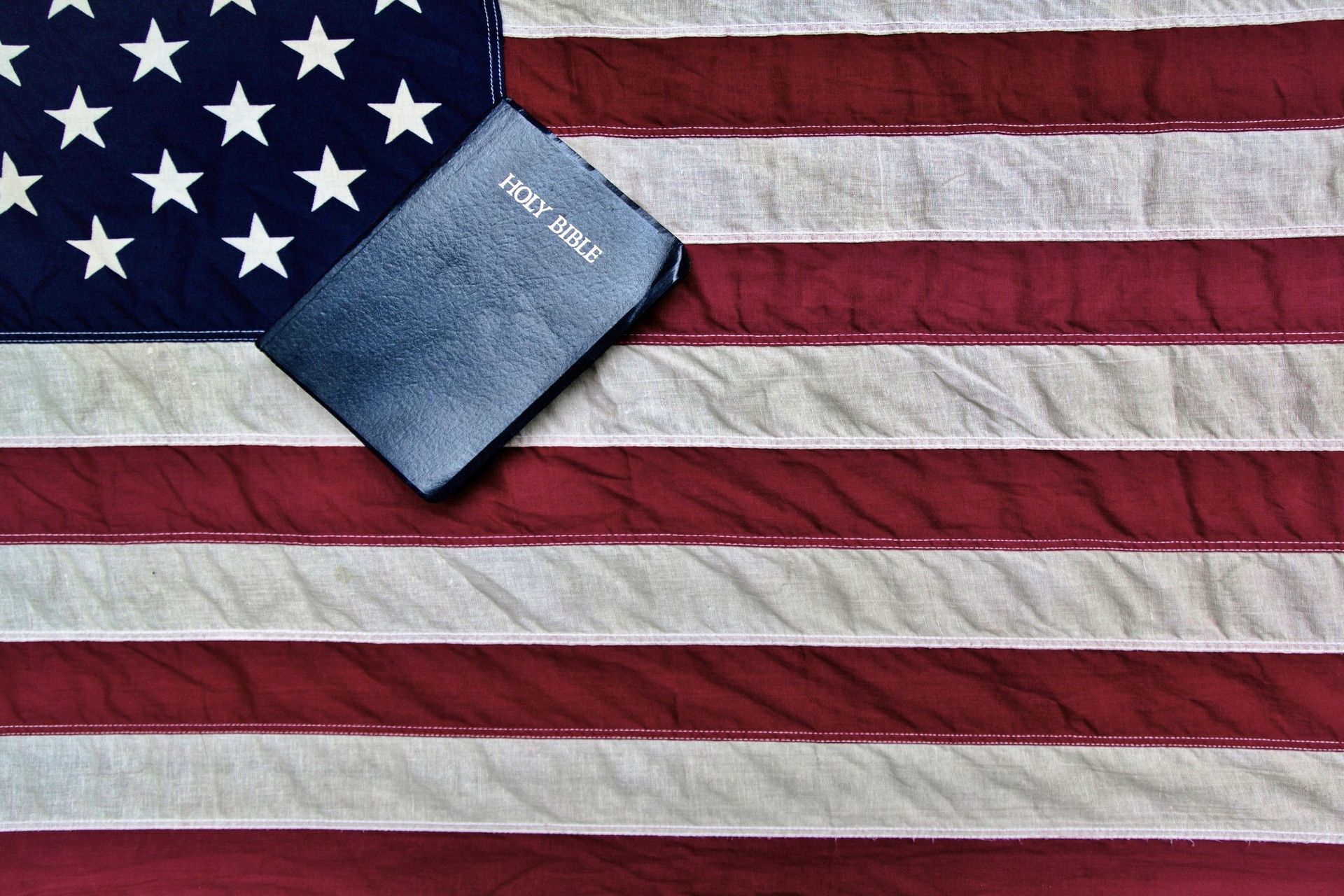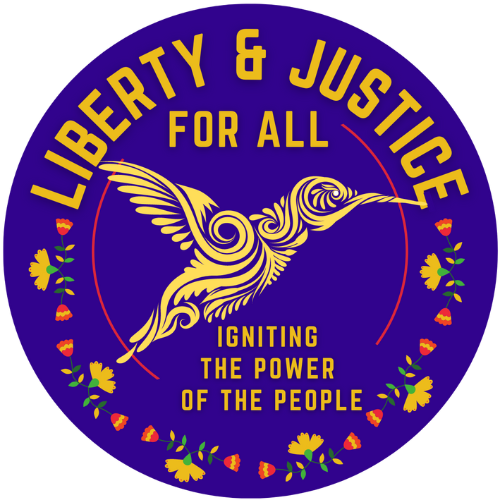SEPARATION OF CHURCH AND STATE
At Liberty Justice For All, we believe in the fundamental principle of separation of church and state. This cornerstone of democracy ensures that no religious institution can wield undue influence over government affairs. It guarantees our right to freely practice any religion, or none at all, without fear of discrimination or persecution. By educating, advocating, and communicating the importance of this separation, we strive to protect the rights and freedoms of all individuals, fostering a truly inclusive and democratic society.



